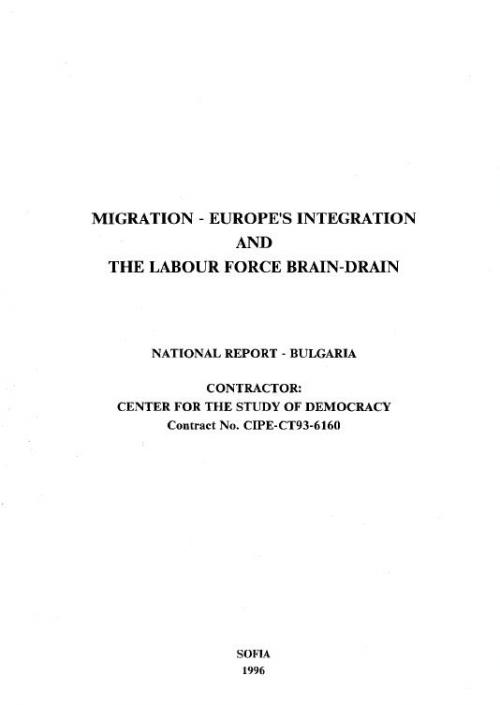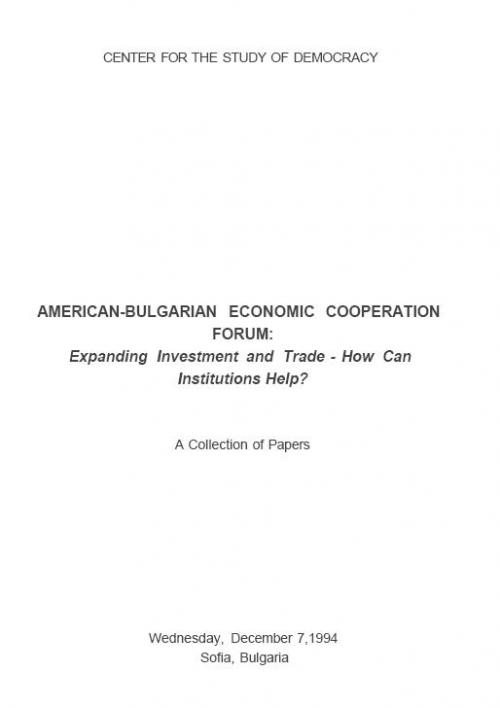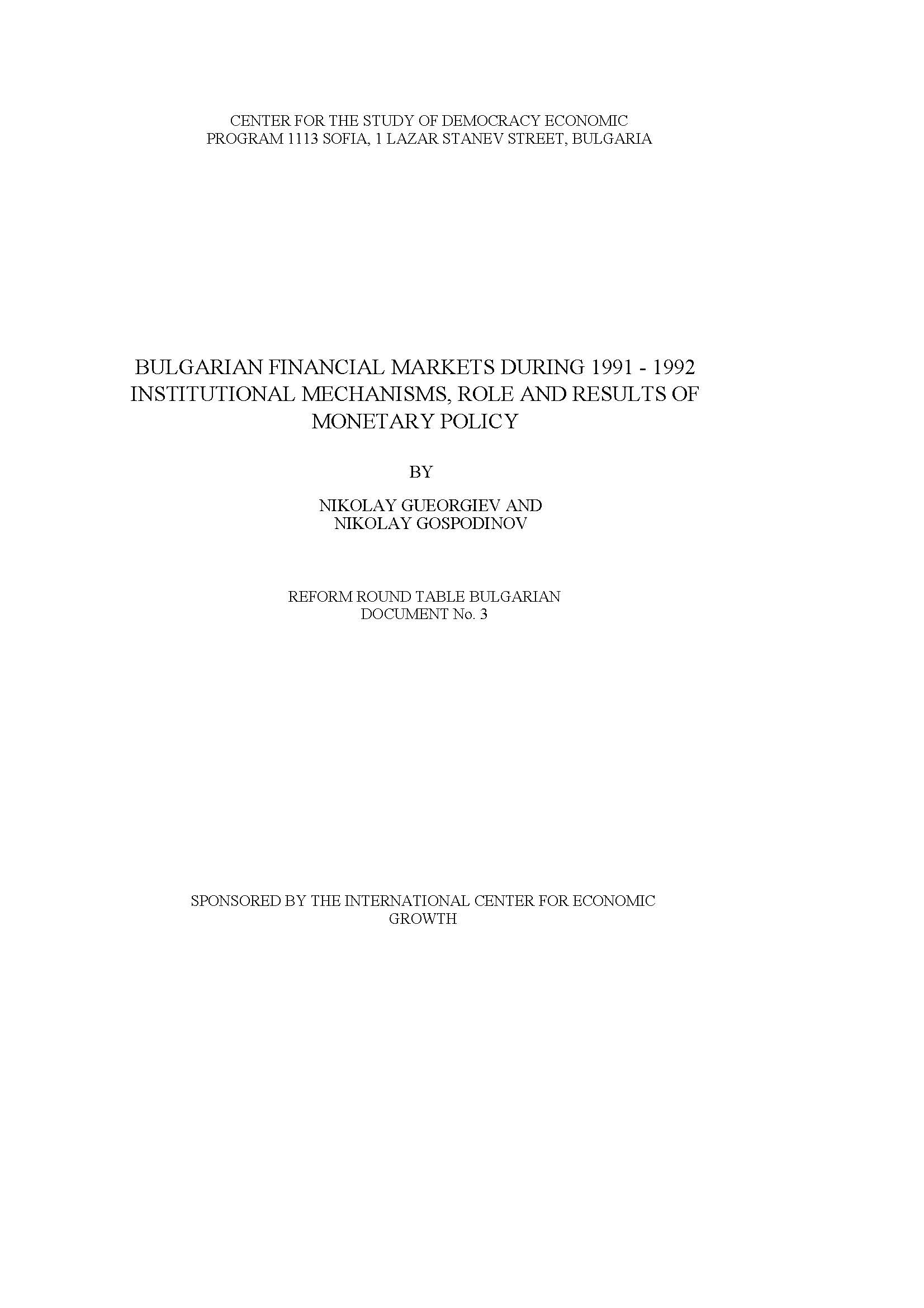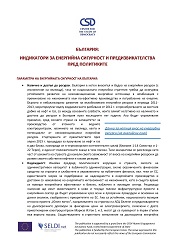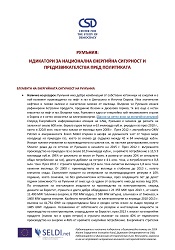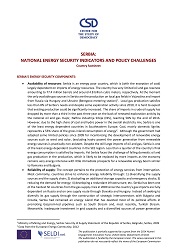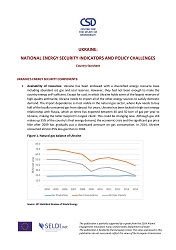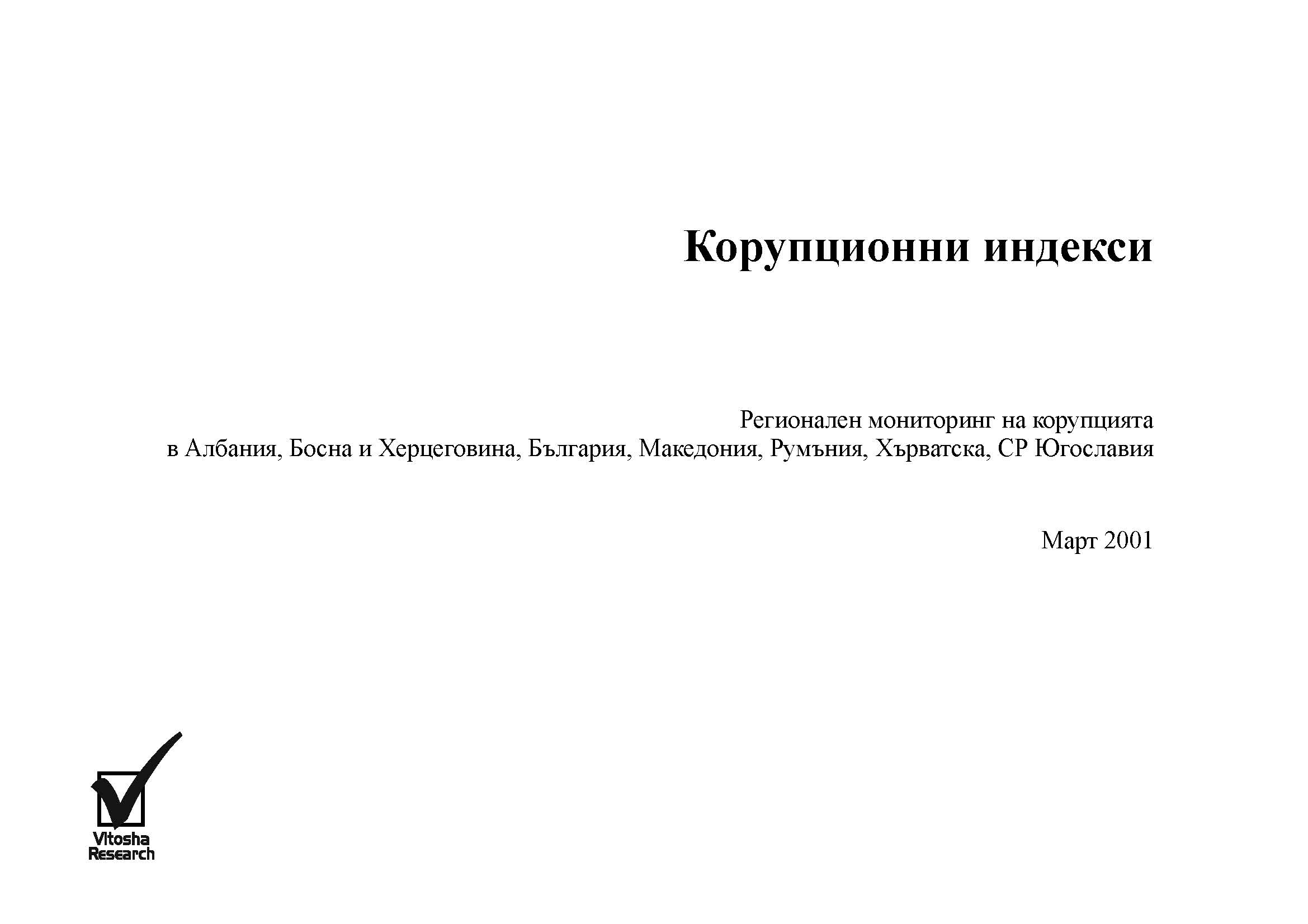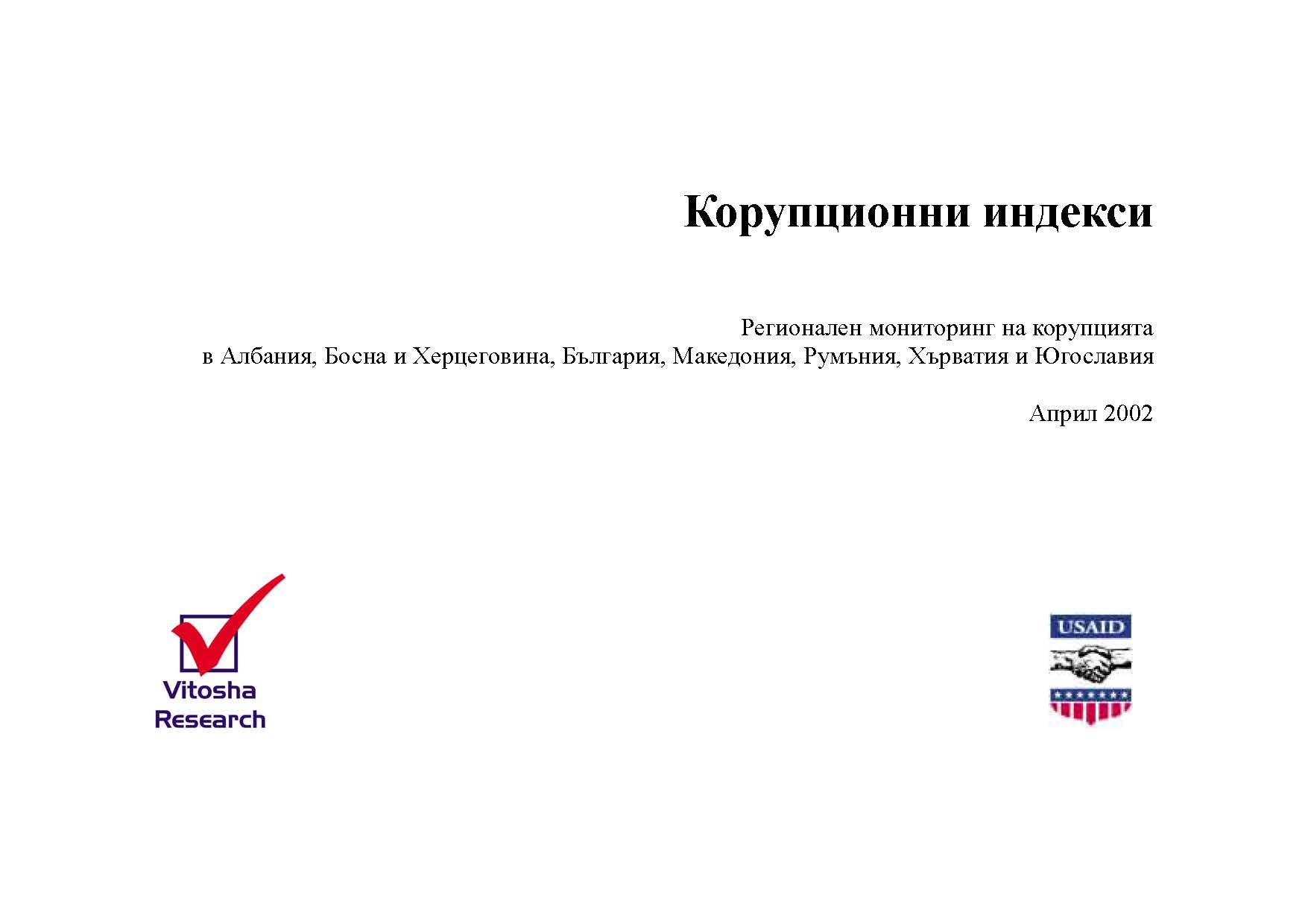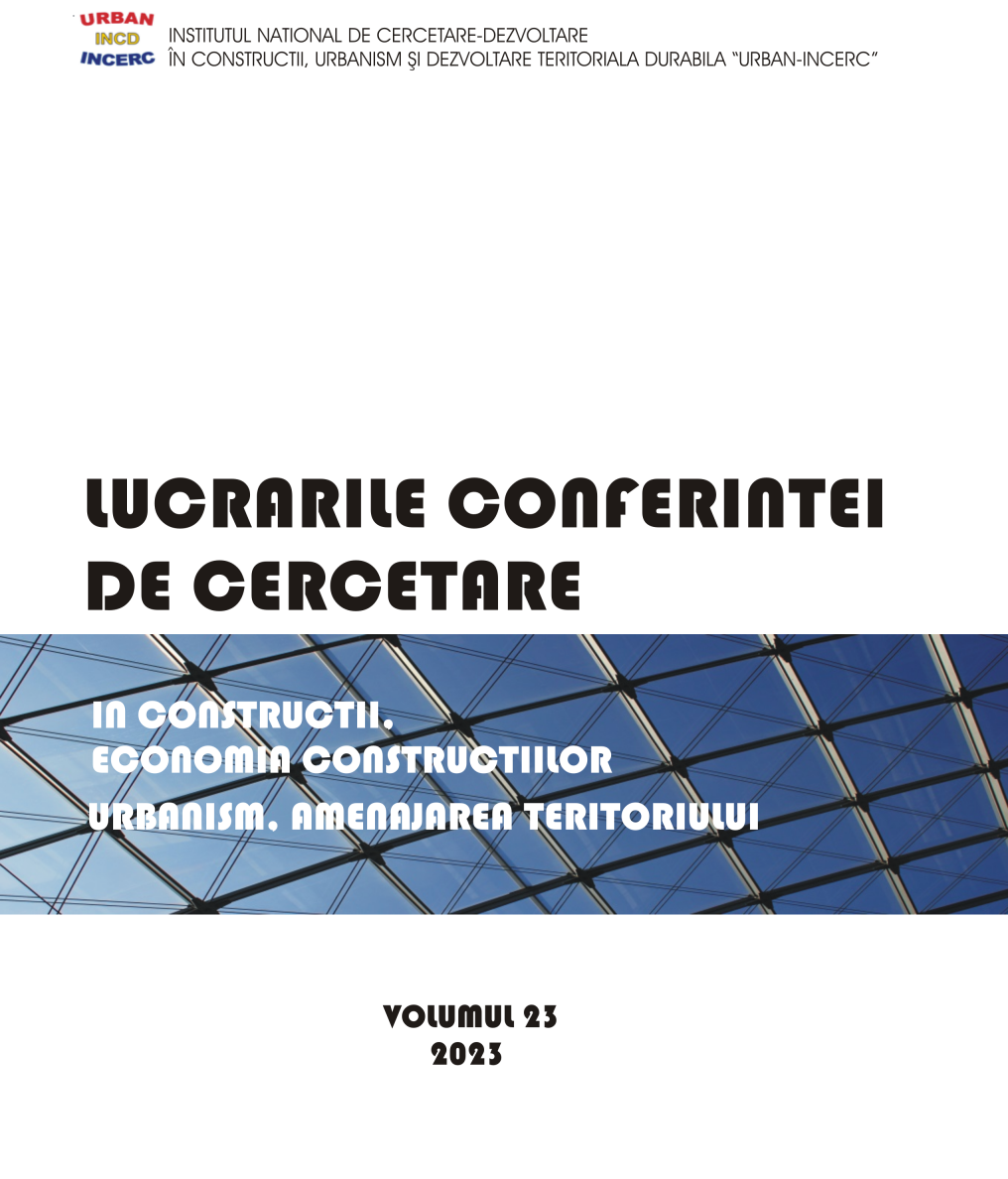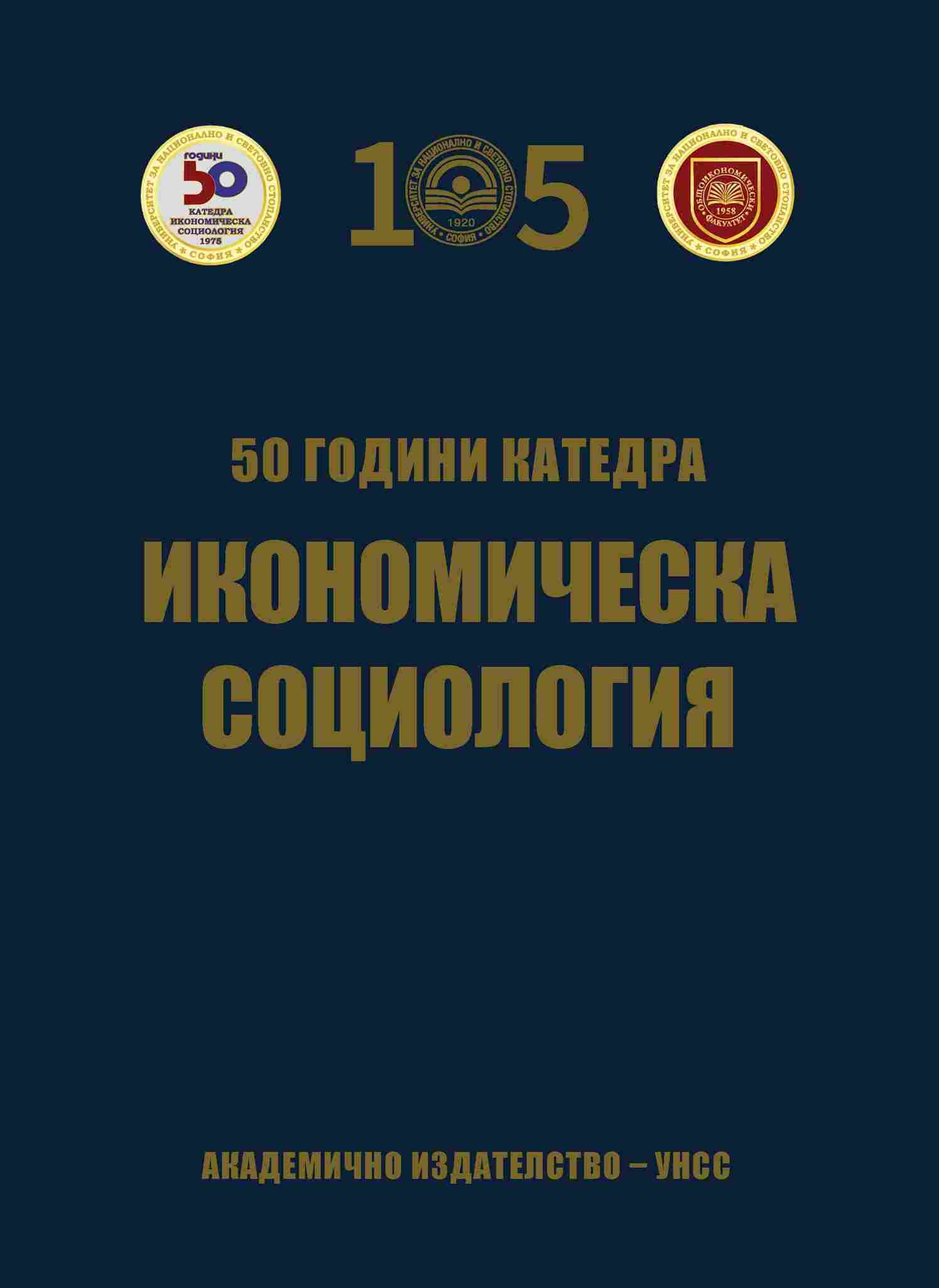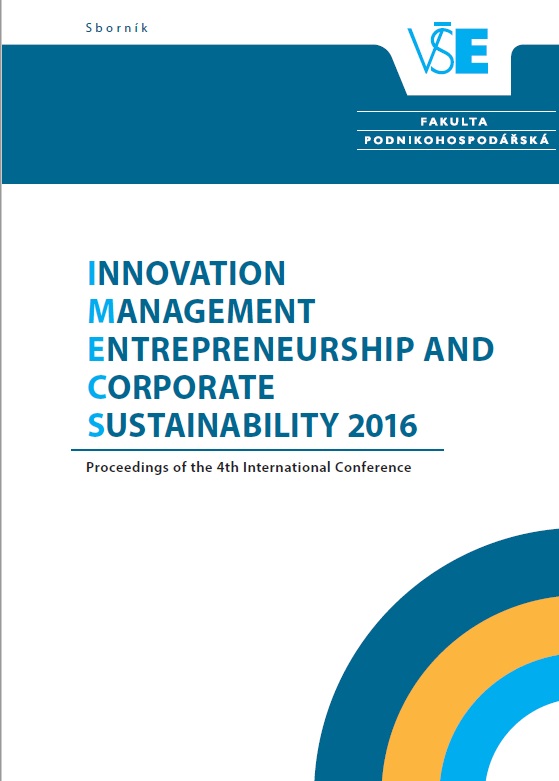
RELATIONSHIP BETWEEN UNEMPLOYMENT AND ENTREPRENEURIAL ACTIVITY: EVIDENCE FOUND AMONG VISEGRAD COUNTRIES
The following study is focused on the relationship between the registered business activity and unemployment rate in Visegrad countries over period of years 1998-2014. The aim of there search was to investigate whether in the periods of higher unemployment rate, individuals engage into entrepreneurial activity, no matter if they are opportunity or necessity driven entrepreneurs. Our data set consists of data collected from national statistical offices, World Bank, Eurostat and other sources. Panel regressions were employed and econometric models with dependent variable registered businesses per economically active inhabitant were estimated. Econometric models estimated with fixed effects and lagged variables confirmed positive relationship between the entrepreneurial activity and unemployment rate. The increase of unemployment rate led to increase of overall entrepreneurial activity. The positive impact on registered business activity was also found for GDP per capita, growth of share of population with tertiary education, growth of business freedom and growth of R&D expenditures. Negative relationship was confirmed for the amount of days required to set up business. Finally, the increase of registered business activity led to decrease of unemployment rate.
More...

